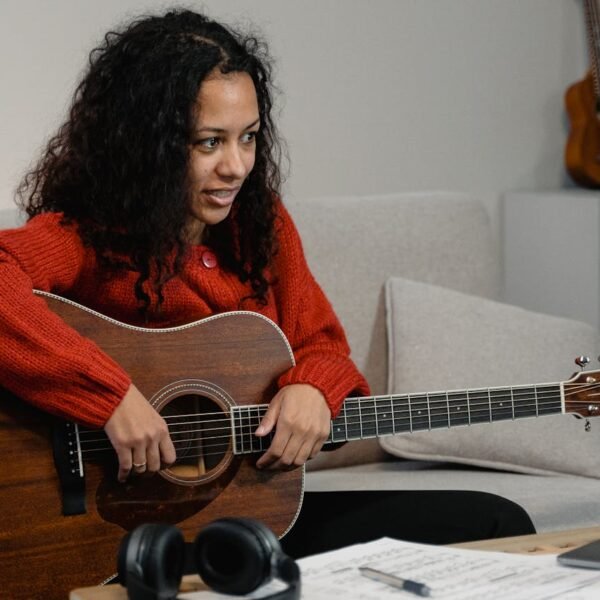How to Develop Your Unique Sound as a Musician
Understanding Your Influences and Style
Developing your unique sound begins with understanding the artists and genres that inspire you. Identify the elements you admire, whether it’s a guitar tone, vocal style, or lyrical approach. At the same time, consider what makes your own experiences and perspective different. Combining these influences with your individuality creates the foundation for a distinct musical identity.
Experimenting with Instruments and Effects
Exploring new instruments and effects can help you uncover your signature sound. If you usually play acoustic guitar, experiment with electric or slide techniques. Try out different effects pedals, such as delay or fuzz, to add texture and depth to your music. Layering unique sounds can make your music instantly recognizable.
Finding the Balance Between Originality and Familiarity
While originality is important, familiarity can make your music accessible to listeners. Blend innovative ideas with elements that resonate with your audience. For instance, use unconventional chord progressions but pair them with relatable lyrics or catchy melodies. Striking this balance ensures your music stands out without alienating listeners.
Recording and Refining Your Sound in the Studio
Recording sessions are an opportunity to refine your sound. Experiment with different mic placements, mixing techniques, or layering tracks to find what works best. Listening to playback critically helps you identify areas for improvement and solidify your sonic identity. The studio is where your raw ideas evolve into polished creations.
Embracing Feedback to Grow as an Artist
Feedback from listeners, fellow musicians, and producers is invaluable. Constructive criticism helps you understand how your music is perceived and provides insight into what resonates most. Use this feedback to refine your sound, but stay true to your artistic vision. Growth comes from listening and adapting while maintaining your core identity.





